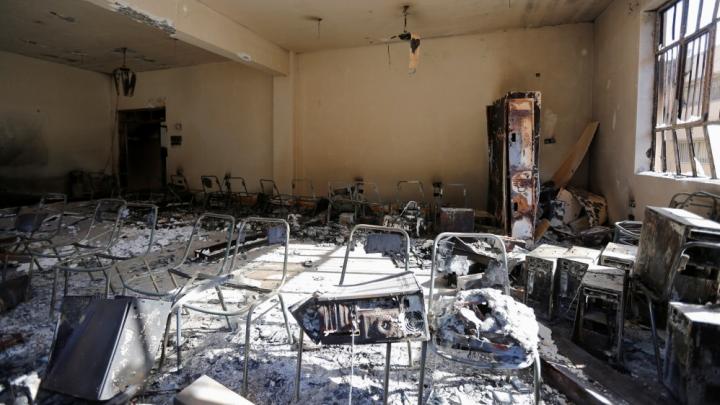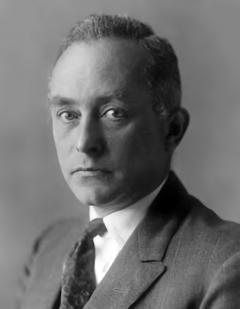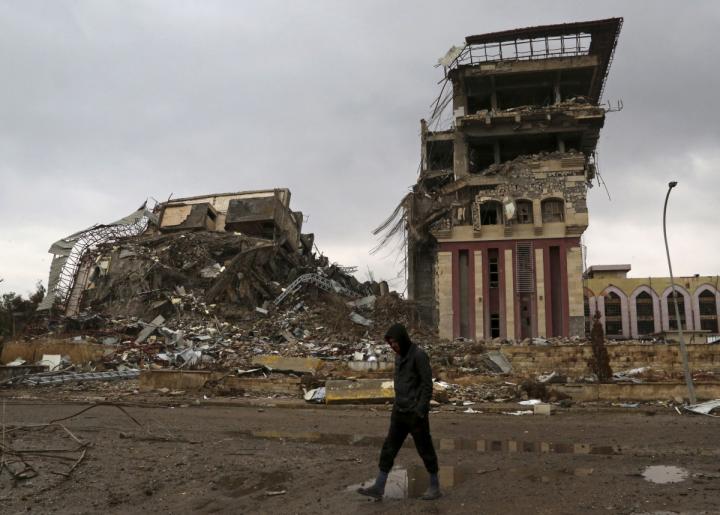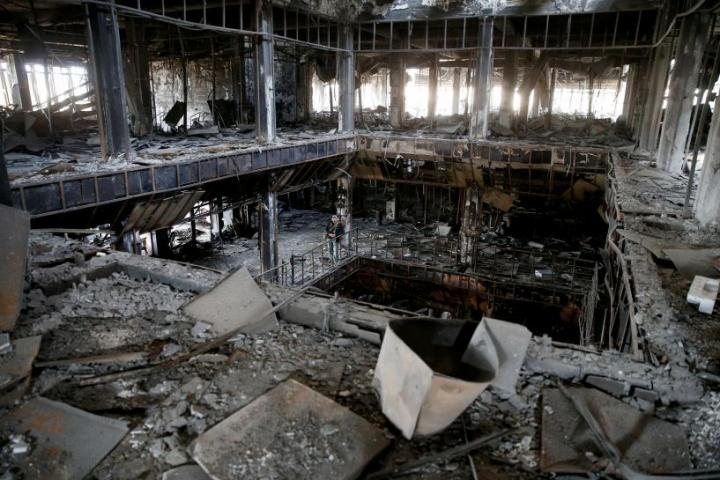A lifeline for academics at risk
The 17th of July 2017 is a day Professor Abduljabbar Basman will never forget.

To passers-by, his meeting with Dr Christine Nash, Head of the University of Edinburgh’s Institute for Sport, Physical Education and Health Sciences would have appeared unremarkable. But for Professor Basman, the meeting marked the culmination of his family’s epic journey to escape death threats and intimidation.
Professor Basman had been happy in his work at Baghdad University, researching Sport Biomechanics, but Iraq’s sectarian feuding was making his position increasingly difficult.
“It is, of course, very hard for anyone to leave his homeland and live in another place," Professor Basman tells Edit. "But, when your life is at stake, you see this is a very small sacrifice for a good future.”
Professor Basman’s passage to Edinburgh was helped by the Council for At-Risk Academics (Cara), a UK charity which has helped thousands of academics who face danger in their own countries. Established in 1933 to assist academics desperate to escape Nazi Germany, Cara’s determination to defend learning and provide humanitarian relief is unceasing.
Peaceful protest alone can be enough to attract persecution, arrest and prison, or even murder.
A founding member

Cara was established by a group of British academics, led by Professor William Beveridge, whose famous 1942 report would lay the foundations for Britain’s post-war welfare system.
While travelling through Germany in the 1930s, Professor Beveridge learned of the dismissal of leading German academics from their professorial posts on the basis of racial and political grounds. He became increasingly aghast at the situation many of them were facing and, on his return to Britain, set about enlisting the support of prominent academics to offer help and support to their displaced German colleagues.
By May 1933, a founding statement had been produced by those British universities, politicians and philanthropists whom he had brought together. The focus of this rallying call was the need for practical support and assistance in escaping persecution and relocating to British universities – and it deliberately avoided making an overt political statement.
The University of Edinburgh was a founding member of Cara and among the initial 41 members of the Council was John Scott Haldane. Haldane was a graduate of Edinburgh Medical School and his groundbreaking work on gasses saw him develop one of the world’s first gas masks.
Among the early beneficiaries of Cara’s efforts was Max Born, who arrived in Edinburgh in 1936. The German physicist and mathematician was instrumental in the development of quantum mechanics and would receive the 1954 Nobel Prize in Physics for his work.
In all, some 2,000 academics were helped to escape Nazi Germany. During the Cold War, Cara helped countless more teachers and researchers in communist Europe who faced the discrimination of totalitarian regimes.
Further afield, those fleeing repressive regimes in Chile, South Africa and Argentina were also helped.
These included the prominent anti-apartheid leader Albie Sachs, who would later serve the South African Constitutional Court, under Nelson Mandela. Justice Sachs was the recipient of a University of Edinburgh honorary degree in 2006.
Middle East focus

Now, 85 years since Cara’s inception, the Middle East is its main region of activity with particular focus on Iraq and Syria. Stephen Wordsworth, Executive Director of Cara, says academics can be targeted for a number of reasons.
“Those who say and write what they think are often seen as a potential focus of opposition, and so are targeted by repressive regimes or by extremist groups," he tells Edit. "Peaceful protest alone can be enough to attract persecution, arrest and prison, or even murder.”
For one academic who’s now safely in Edinburgh, that experience is all too familiar. Amir - not his real name - fled his home in the Middle East three years ago, following a government crackdown.

Amir's family, who remain there, are still being targeted by security services, with harassment and house searches commonplace. His memories remain vivid.
“At the university where I was working, most of my colleagues were arrested without any reason," he says. "The situation was getting worse and worse every day. I felt like, I am crossing a busy highway with the eyes covered, I am hearing screams, sounds of accident and I can’t do anything. I was just waiting my turn. It was very terrible feelings.”
Thankfully, Amir received assistance from staff at Cara.
“My colleague from my previous university told me about Cara," Amir explains. "They wanted to help him also, but at last minute he was arrested and sent to prison. From the beginning of my application I felt very warm towards Cara. First, they never left any of my emails unanswered and they were very fast in responding. They asked every single detail about me and my case and were very polite, clear and fast during the application process. They were working like firemen who are trying to rescue a family from a burning house.”
The situation was getting worse and worse every day. I felt like, I am crossing a busy highway with the eyes covered, I am hearing screams, sounds of accident and I can’t do anything. I was just waiting my turn. It was very terrible feelings.
Support and assistance
Cara currently works with 117 universities around the UK, supporting 280 academics, along with 350 dependants. Those receiving help might be working on a PhD or engaged in postdoctoral research. Universities waive their academic fees and often help with living costs too. Applicants also have to satisfy the UK’s visa entry requirements.
For those at-risk academics unable to come to the UK, Cara provides assistance in other ways. Following successful programmes in Iraq and Zimbabwe, Syria is now the focus for such efforts, with help for academics (many of whom have relocated to neighbouring Turkey) to continue their work while in exile.
Dr Jon Turner, Director of Edinburgh’s Institute for Academic Development led one of the academic skills workshops in Turkey in February 2018. This examined research communication, collaboration and projects – essential skills as Syria’s educators look to the future, and a time when they can return to rebuild their country’s higher education sector.
“There have been two key benefits of getting involved with the Cara Syria Programme," says Dr Turner. "First has been the opportunity to work with a group of inspiring Syrian colleagues. Second has been the value and learning for me in working collaboratively with English language teachers, educational developers and academics to design an integrated programme of support that is making a tangible, positive difference to our Syrian colleagues.”
Cara's aims
Cara’s Executive Director, Stephen Wordsworth says the Council’s aim is simple and has changed little since its inception.
“Our founders’ mission had two parts – ‘the relief of suffering’ and ‘the defence of learning and science’ – saving the people, but also, for the common good, saving the knowledge in their heads," he explains. "In the years that followed many of those rescued then, when still relatively young, went on to achieve great distinction, including sixteen Nobel Prize winners.”
For Professor Abduljabbar Basman, the hope is a simple one: “All my life I have dreamed of living and working in a place that respects people’s rights. Now that I am in Edinburgh, I hope this is the last time that I have to move.”
Council for At-Risk Academics Scotland Conference
10.30am - 2.30pm
Wednesday 18 April 2018
Edinburgh Centre for Carbon Innovation
This inaugural Cara Scotland conference, hosted at the University of Edinburgh, will explore the work of the Council for At-Risk Academics, highlight current best practice hosting Cara Fellows across the Scottish higher education sector and identify areas for further partnership.
To find out more about the work of Cara or how you can help or get involved, please contact the University's Edinburgh Global international office for more information.

